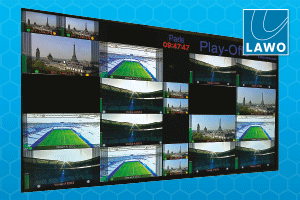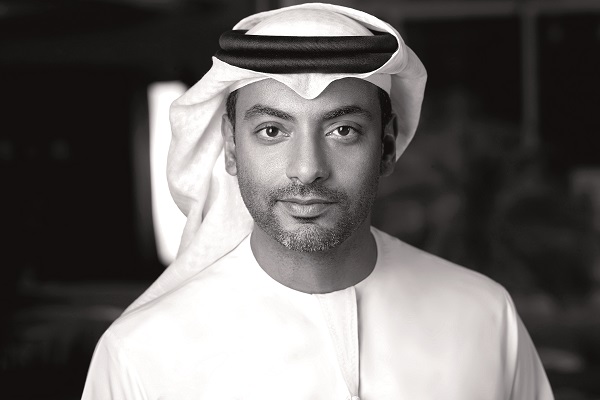Our industry must continue to champion a collective imperative to nurture homegrown content creators and talent.
As online content transcends geographical boundaries at an accelerated rate, consumers have access to a larger ecosystem than ever of world-class content at their fingertips, and media and entertainment (M&E) companies must work harder to remain relevant in the hypercompetitive attention economy. Succeeding in this environment requires a systemic approach that seeks to embed long-term resilience into our industry, and localised content by traditional media organisations or alternative and new creators sits at the heart of driving sustainable growth in the sector.
Leveraging digital transformation is essential, as it continues to reshape media consumption habits in the MENA region. According to a Strategy& report, 90% of all respondents to its survey of 4,500 regional consumers prefer to access news on their mobile devices. This has given rise to new formats such as mobile video and short-form news articles.
It is understandable then that the wave of digitisation is also changing not just how, but also what content is consumed regionally. In the UAE, strategic support through Dubai Media’s vision to enhance intellectual property and nurture homegrown talent in the local media industry is strengthening the local content creation economy.
Demand for non-English content has nearly doubled globally since 2018 and dominates the MENA market, accounting for 52% of regional demand, according to a report by Dubai Media City-based Rise Studios, in partnership with Parrot Analytics. Arabic-language content represents 27% of the total demand for content in the MENA region, far higher than its 2% pre-pandemic level in 2020.
A growing segment
The business case for fostering an Arabic content creation economy is clear, and regional companies are taking note. In January 2023, Al Mashhad TV launched a brand-new facility at Dubai Studio City to serve Gen Z and young audiences. The channel’s strategy includes the distribution of adaptive, customised content based on analytics powered by personalised AI-powered user experiences.
A growing number of companies are harnessing AI to deliver regionally relevant content experiences from Dubai. Yango, which opened its Dubai Internet City offices in October 2023, launched the Yango Play app in February, enhanced by an AI-powered bilingual voice assistant named Yasmina that can suggest music, hold conversations and provide information in Arabic. Yango Play also unveiled exclusive Arabic content for Ramadan this year, including family sagas, comedies, historical series and music playlists.
These developments speak to the burgeoning demand for Arabic content in the MENA region as well as the exponential pace with which M&E businesses must adopt emerging tech to better serve this segment, and a nurturing ecosystem is essential to address the industry’s legacy and systemic roadblocks towards this goal.
With close to 4,000 local, regional and international customers and 40,000 creative professionals, TECOM Group’s Media Cluster is a hub of excellence for tomorrow’s media innovators, co-locating exemplary talents from Al Mashhad TV, StarzPlay and Discovery Networks at Dubai Studio City, Rise Studios and Blinx at Dubai Media City, and Nadja Media at the in5 Media incubator in Dubai Production City, uniting global talent with the common goal of elevating the regional media value chain. Our industry must continue to champion a collective imperative to nurture homegrown content creators and talent, and I look forward to building new pathways towards this goal at the landmark edition of CABSAT this May.
Majed Al Suwaidi is the Senior Vice President of Dubai Media City, Dubai Studio City and Dubai Production City at Tecom Group PJSC.












































































